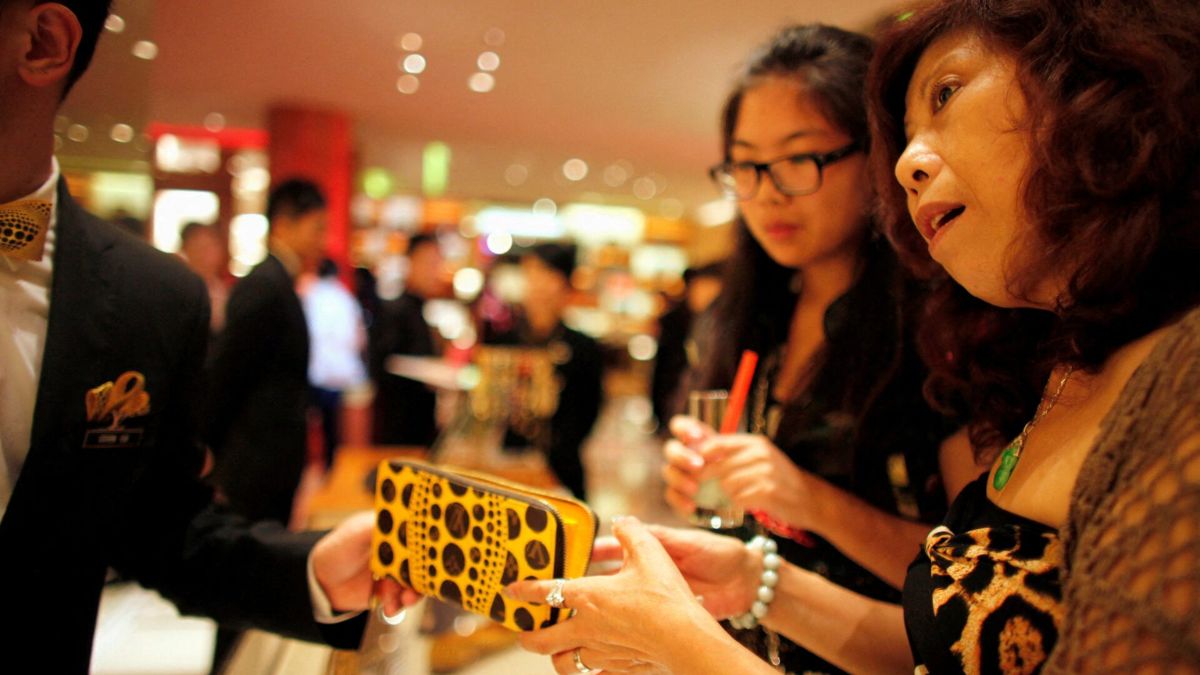Luxury retailers are accelerating their retreat from China, shutting stores in high-end shopping malls across major cities.
French luxury group Kering closed two Gucci stores in Shanghai last month– one in Réel Department Store near Jing’an Temple and another at New World Daimaru on Nanjing Road– after more than a decade at those locations. Prada also ended its two-year presence at Hongqiao International Airport.
Those closures followed at least eight in the fourth quarter of last year and two in the preceding quarter by brands including Louis Vuitton, Chanel, Tiffany & Co. and Bulgari, according to industry tracker Linkshop.com, South China Morning Post reported.
Low consumer spending
But why is this happening?
“Most brands have seen steep declines in sales in mainland China, not only affected by [depressed] consumer sentiment at home but also by Chinese nationals shopping more abroad,” SCMP quoted Jelena Sokolova, a senior equity analyst at Morningstar, as saying. Before the pandemic, Chinese consumers split their luxury purchases roughly 60-40 between domestic and overseas markets. That ratio has since reversed, she said.
The slump has prompted Beijing to make boosting consumption a top priority at this year’s National People’s Congress. The government doubled state subsidies for consumer goods purchases to 300 billion yuan ($41.4 billion) in an effort to revive spending.
Even with those measures, China’s luxury sales dropped an estimated 18 per cent to 20 per cent last year, according to a Bain & Co. report in January. Jewellery and watches were hit hardest as consumers shifted their focus to assets seen as better at preserving value.
Another blow to real estate
The downturn in luxury retail is also adding to pressure on China’s commercial real estate sector, which has struggled with rising vacancy rates and excess supply.
Retail vacancy rates in 11 major Chinese cities are projected to rise to 10.5% this year from 10.4 per cent in 2024, according to property consultancy Savills. During the pandemic, the rate hit a high of 11.4 per cent in 2022, the worst since Savills began tracking the data in 2012.
Impact Shorts
More ShortsLuxury malls owned by Hong Kong-listed Hang Lung Group saw rental revenue fall 4 per cent last year as brands engaged in aggressive discounting to attract customers. The company’s Wuhan shopping center occupancy rate dropped to 85 per cent from 86 per cent in 2022, according to its annual report.
Despite growing vacancies, rents have yet to decline significantly, adding further pressure on luxury retailers, Sokolova said.
)